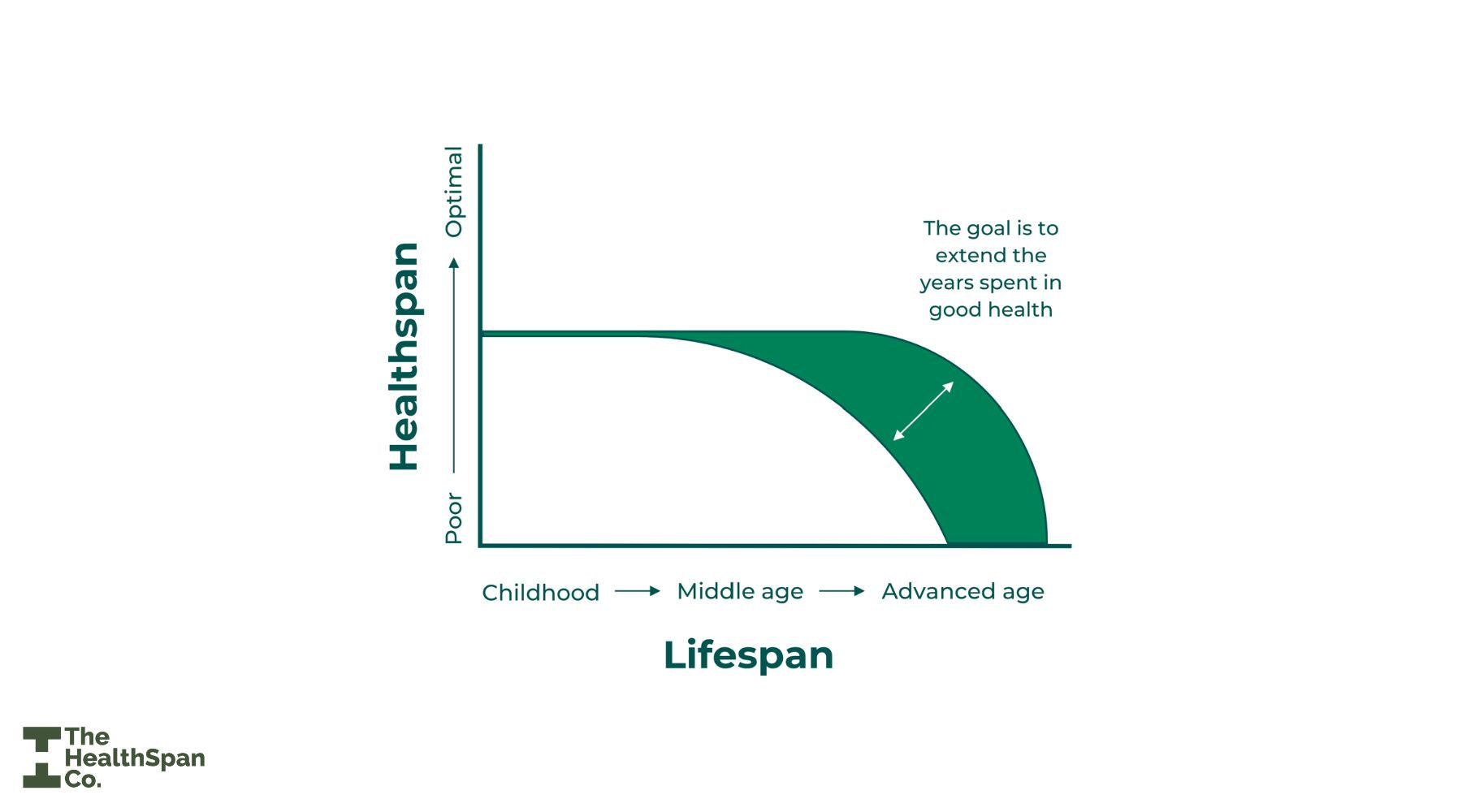
Why Losing Weight Gets Tougher With Age
Have you been gaining weight or struggling to lose weight as you age? You are in majority if the answer to that question is a YES.
Weight gain with age is common but never desirous.
What lies at the root of age related weight gain is not just lack of physical activity or a poor diet - there are many other physiological, hormonal, and lifestyle factors that make it hard to lose weight as you age.
Here are some key changes that all human bodies go through with time:
- Metabolic Changes: Metabolism slows down as you age, resulting in a reduction in the number of calories the body burns at rest. This can make it harder to create a calorie deficit, a fundamental aspect of weight loss.
- Hormonal Shifts: Hormonal changes, especially in women approaching menopause, can affect fat distribution and metabolism, contributing to weight gain and making it more challenging to lose weight.
- Muscle Mass Decline: As you age, there is a natural loss of muscle mass. Muscles are metabolically active tissue, and as they diminish, the body becomes less efficient at burning calories, affecting overall energy balance.
- Stress and Lifestyle Factors: Increased stress levels due to various responsibilities, coupled with changes in lifestyle habits, can impact weight. Stress can lead to hormonal responses that affect weight gain, disrupt eating patterns, and encourage a sedentary lifestyle, all of which can make weight loss more challenging.
- Insufficient Sleep: Poor sleep patterns or insufficient rest can affect hormones that regulate hunger and satiety, leading to increased cravings and difficulty managing food intake.
All these factors collectively & when combined with lack of activity and poor diet create a more complex landscape for weight loss as you age.
Achieving weight loss through nutrition requires a tailored and balanced approach. You can consider these nutrition strategies to facilitate weight loss more effectively:
- Balanced Diet: Opt for a balanced and varied diet, emphasizing whole, nutrient-dense foods. Focus on incorporating lean proteins, healthy fats, high-fiber carbohydrates, and a variety of colorful fruits and vegetables.
- Caloric Deficit: Create a slight caloric deficit while ensuring you meet your nutritional needs. Monitor portion sizes, track your food intake, and be mindful of your overall energy balance.
- Lean Proteins: Prioritize lean protein sources like poultry, fish, tofu, beans, and legumes. Protein helps in maintaining muscle mass, which is crucial for a healthy metabolism.
- Complex Carbohydrates: Choose complex carbohydrates such as whole grains, legumes, and vegetables. These provide sustained energy and help control blood sugar levels.
- Healthy Fats: Include sources of healthy fats like avocados, nuts, seeds, and olive oil. Healthy fats aid in satiety and can help you feel more satisfied with your meals.
- Consult a Registered Dietitian: Seek guidance from a professional dietitian who can help create a personalised nutrition plan suited to your needs, considering any health conditions, dietary preferences, and weight loss goals specific to you.
Making these nutritional changes along with regular exercise and a balanced lifestyle, can significantly aid weight loss as you age.
#weightloss #ageing #healthspan #thehealthspanco #agewell




Leave a comment
This site is protected by hCaptcha and the hCaptcha Privacy Policy and Terms of Service apply.